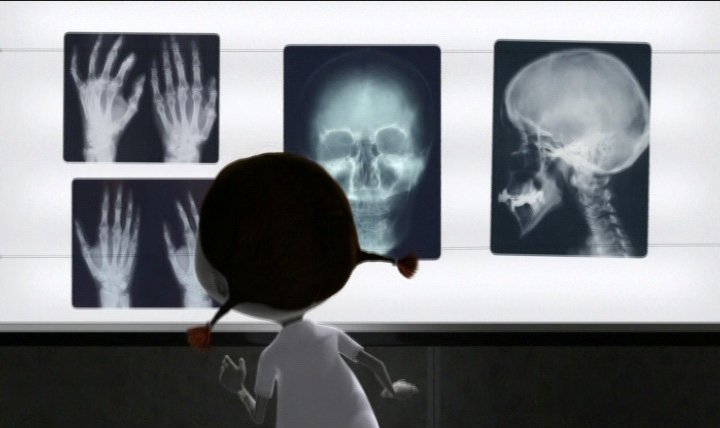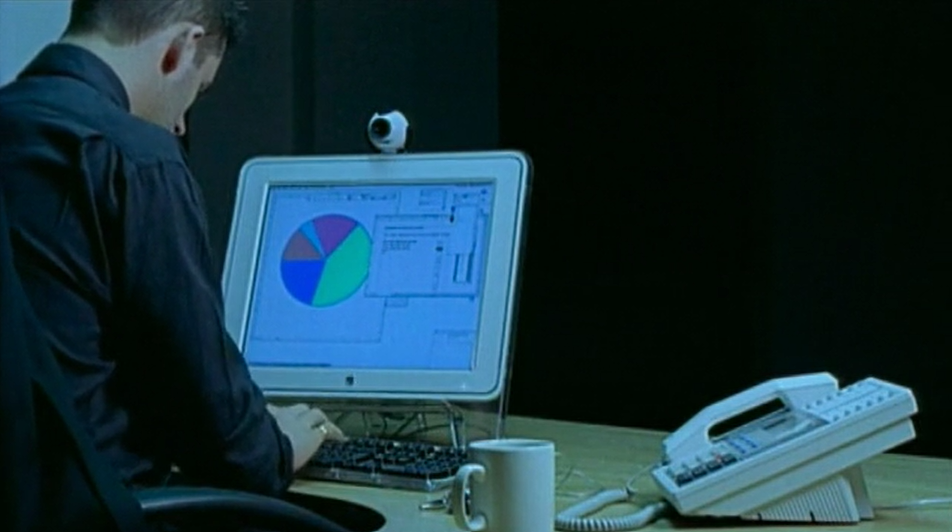Successful Learners
Curriculum for Excellence aims to enable all young people to become successful learners with:
- enthusiasm and motivation for learning
- determination to reach high standards of achievement
- openness to new thinking and ideas
By analysing, discussing, exploring and creating screen texts, teachers can deliver on a range of abilities:
- using literacy, communication and numeracy skills
- using technology for learning
- thinking creatively and independently
- working independently and as part of a group
- linking and applying different types of learning in new situations
using literacy, communication and numeracy skills
Working with screen texts can dramatically raise the self-esteem and attainment of pupils who find reading a challenge. Screen media can often be more immediately accessible and feel less like reading - even though they're learning almost the exact same skills.
Screen gives children with literacy difficulties the opportunity to contribute towards group and class projects. It also allows poor readers of printed works to engage with high-quality demanding texts. This can also support pupils with English as an additional language.
A wide range of communication skills and problem-solving strategies are needed in all aspects of film-making. Pupils recognise the need to be systematic in both their individual roles and as part of a whole class group.
The range of technology employed by pupils analysing and creating screen texts – everything from televisions to computers to tablets – develops a range of technology and ICT skills. These skills can be confidently applied and transferred across the breadth and depth of the curriculum.
Tasks and activities
- Listening to films without the picture
- Listening in groups to discuss and develop a storyboard for a scene in a film
- Listening to others’ ideas for a film title
- Discussing closely-examined films
- Discussing ideas within a group when storyboarding a film
- Discussing plot development with whole class
- Reporting to whole class on group progression when storyboarding
- Reading imaginative stories to peers
- Reading instructions when using software programmes
- Writing character descriptions
- Writing scripts or storyboards
- Functional writing
- Personal writing
- Imaginative writing
- Performing part of written scripts
- Working out patterns and sequences in a film timeline
- Working out number of frames per second of film to fit with audio recordings
- Making spreadsheets to record number of shots per scene
using technology for learning
Editing software such as iMovie allows children to recognise that there are other ways of communicating a ‘story’ or ‘message’, and that narrative structure is similar in any medium. This can be applied to analysing a downloaded film or creating an entirely new film project.
PowerPoint and Publisher can be integrated into writing activities.
GarageBand opens doors for creating and designing music. An understanding of musicality is reinforced through the programme design. Children are made aware of the relevance of key, dynamics, pitch, rhythm, instrument quality – at their own level – and how it is relevant to the atmospheric or background sound of a screen text.
Activities
- Becoming familiar with software (e.g. iMovie, GarageBand) and hardware (Mac, PC, sound recording equipment)
- Word processing skills are developed through various writing activities
- Using email and telephone calls to communicate with each other, with teachers, with outside agencies (e.g. professional filmmakers or performers)
thinking creatively and independently
When analysing and creating screen texts, pupils should be encouraged to think outside the box. There is no such thing as a wrong answer – every contribution is valid. The direction of any screen education activity is determined by the pupils’ unique reactions, responses and questions.
Once you start doing “what happens next?” prediction exercises, you will find that no two classes will develop the story in the same way.
Activities
- Prediction exercises
- Sound and image exercises
- Asking questions
- Making comparisons
- Continue the story
working independently and as part of a group
Pupils often find imaginative writing to be a challenging task. Using filmmaking, children can work through challenges in groups to support each other and develop their skills. ‘Buddies’ can help each other with writing stories and scripts, and in the filmmaking process – working in small groups sharing learned skills.
Screen projects can also give children the opportunity to work independently – for example, in individual writing tasks and in character design, or in creatively developing costumes, make-up or sets for a film project.
Discussion and creation exercises get pupils regularly working collaboratively in groups of varying sizes. Ownership of storyboarding, filming, animating and editing can all be handed to pupils (individually or in groups). This can develop the ability to compromise and make decisions.
linking and applying different types of learning in new situations
A range of screen lessons – watching, analysing and creating – gives pupils the chance to practise and employ problem-solving strategies, group work and talking and listening skills.
Screen creation projects often involve working in groups, and these skills can be extended into other areas of the curriculum or into other situations. Children readily accept roles within a group and co-operate to get the job done.
Many of the skills developed through screen work are the same as those developed through enterprise activities; children can be encouraged to recognise the links between these themselves.
The success each child achieves through screen education has an impact on all their learning and boosts their self-esteem. A pupil who normally finds it difficult to cooperate with their peers can become able to work in a group on a specific project. This can lead to taking part in group discussions and a more positive outlook on school as a whole.
Working with screen media can develop an interest in drama – there is a crossover in the understanding of character and emotion in storytelling. Film analysis gives children a much clearer understanding of how emotions can be expressed through voice, movement and expression.

